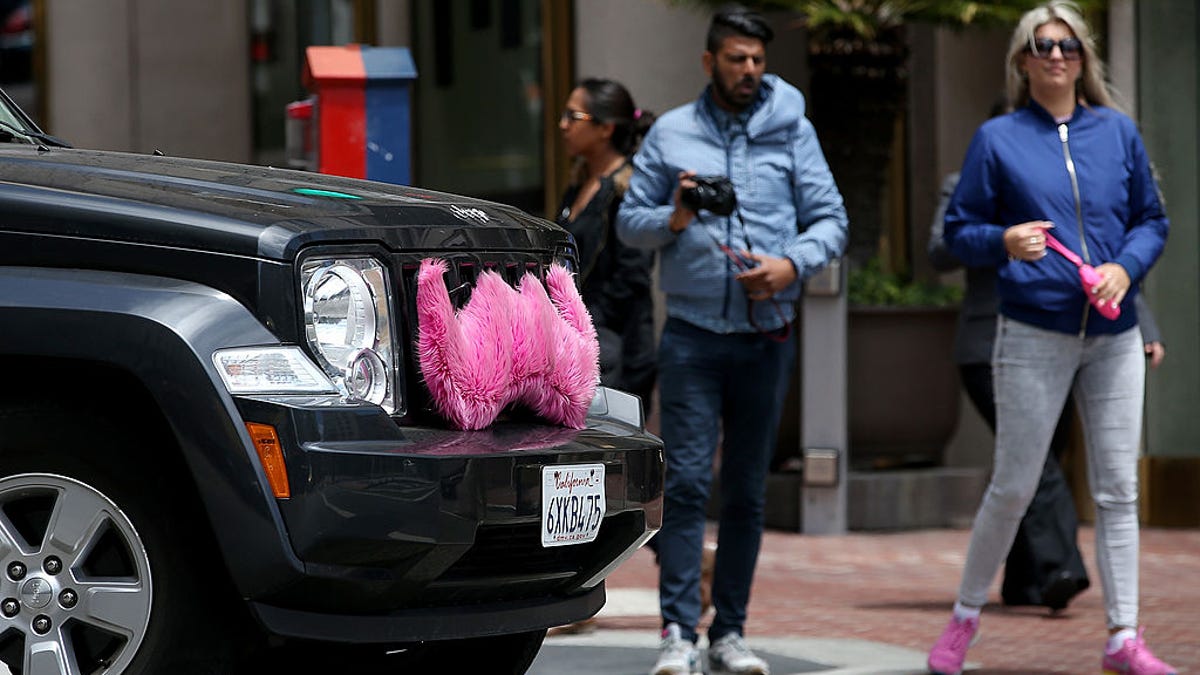Tech and your job: What to expect in 2017
A new report from Glassdoor shows how tech is becoming inextricably linked to the job market.

Is the gig economy on the way out?
No matter what job you do, technology will have something to do with it.
Technology is transforming industries from manufacturing to insurance, requiring employees to develop new sets of skills at an ever-faster clip to stay relevant in the 21st century, according to a new report issued Thursday by job search platform Glassdoor. The report, "Looking Ahead: 5 Job Trends to Watch in 2017," was written by Glassdoor's Chief Economist Andrew Chamberlain and the title pretty much sums up its purpose.
Some of Chamberlain's findings might be counterintuitive. He sees the gig economy -- the idea people will work for themselves through contract or temporary jobs -- losing its appeal as the thought of driving for Uber or Lyft begins to look less attractive than a traditional 40-hour-a-week job. That's a U-turn from the exuberance earlier this year, when Time declared the gig economy could save capitalism.
The reason: today's fastest-growing jobs aren't gigs but jobs requiring creativity, judgment and personal skills. The tech sector alone supported more than 15 million jobs in 2015, according to the Consumer Technology Association. Roles like product manager or data scientist don't really lend themselves to piecework, Chamberlain says, citing a November 2016 study that found only a small percentage of US adults, 4.3 percent, had ever made money from an online platform like Uber, TaskRabbit or Airbnb. That same report also showed a lot of churn in these jobs; more than half leave within the year.
The gig economy might not be the only thing on the wane. The report also projects that tech companies might start reeling in some of their more creative benefits. So, the days of yoga classes, foosball tables and onsite laundry services might be on the way out.
Glassdoor's own research found the correlation between those outlandish perks and employee satisfaction isn't that strong. A stronger correlation exists with plain vanilla bennies, like health insurance, retirement plans and paid time off.
Next up is automation. The report predicts that few jobs will be left untouched. After already having transformed manufacturing, automation is making inroads into jobs like long-haul trucking and urban taxi driving.
Even white collar jobs are already getting a taste of automation, as well. Insurance, finance and other professional jobs traditionally associated with years of college education are either done or supplemented by computers. For example, one British company called Xchanging has software that closes static insurance claims.
There's also the continued creep of data into the way businesses operate. Glassdoor projects that 2017 will see more transparency on the part of companies when talking about the gender pay gaps, or the difference between what men and women are paid for equal work. The White House estimates women make about 79 cents for every dollar men make. What's more, data can help identify if there's a problem so it can be fixed. Already, companies like Intel and Salesforce have taken such steps.
And that very idea plays into another point about the use of data science, or the practice of gleaning insights from volumes of information. While many companies already rely on data to design and market products, they could start to harnesses data as a way to better recruit, hire and retain employees.

